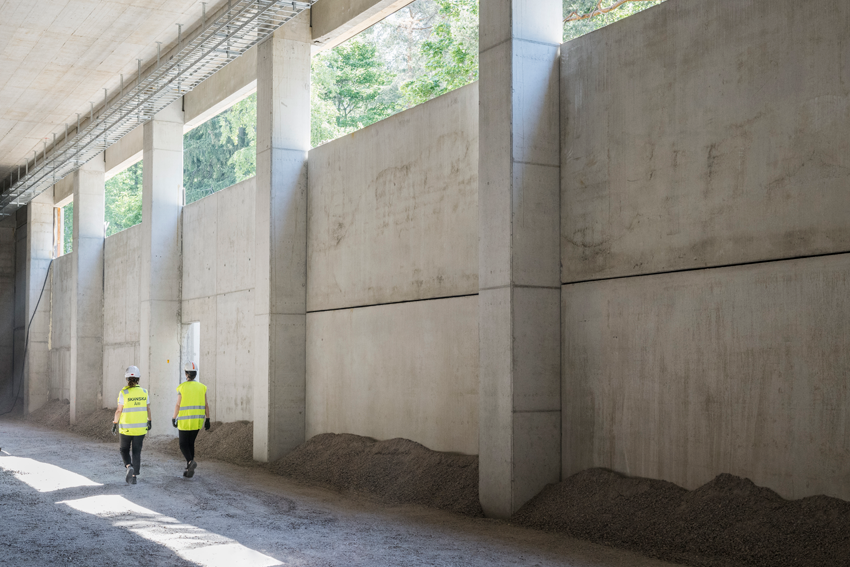- Carry out due diligence where relevant, to identify where our business may impact the rights of others, both in our own operations and in our supply chain
- Do not tolerate any form of forced or child labor on our work sites or in our supply chain
- Do not allow any practice that would restrict free movement. This includes requiring workers to pay recruitment fees or to hand over identification documents, passports or work permits as a condition of employment.
- Provide and expect our business partners to provide fair wages that align with national legal or industry standards as a minimum
- Report suspicions of forced labor or other forms of human rights abuse
Human rights

We promote and respect all applicable, internationally recognized human rights. We take seriously our responsibility to protect the rights of people both in our own operations and in our value chain. We stand firmly against all forms of modern slavery, including forced labor, debt bondage, human trafficking and child labor.
This means that we:
Human rights standards
We follow the standards in the:
- Universal Declaration of Human Rights
- Core Labor Standards of the International Labour Organization (ILO)
- United Nations (UN) Guiding Principles on Business and Human Rights
- OECD Guidelines for Multinational Enterprises on Responsible Business Conduct
We are a signatory to the UN Global Compact, agreeing to its Ten Principles covering human rights, labor, the environment and anti-corruption.
Forced labor red flags
Workers
- Appear to be under the control of someone else and reluctant to interact with others
- Have few personal belongings, wear the same clothes every day or wear unsuitable clothes for work
- Are unable to move around freely and seem to have no access to personal identification
- Are reluctant to talk to strangers or officials, including police officers or health workers
- Appear frightened or withdrawn, or show signs of untreated injuries, malnutrition or other physical or psychological abuse
- Are dropped off and collected for work always in the same way, especially at unusual times, such as very early in the day or late at night

When working on a project, I start to talk with one of our subcontractor’s employees. He tells me that he is very happy to be working on this project even though he had to pay a recruiter to get the job. Should I do something?
Yes. Requiring payment to get a job violates our Code. We expect compliance with our standards and rules throughout the supply chain. Report what you heard to your manager, the HR or Ethics team or another resource.

A project specification requires a particular type of quarried stone, sourced from a country with known human rights issues, including child labor. What should I do?
Raise your concern with your manager, the designer or the customer. Propose additional due diligence (for example, an audit of the quarry) or work with them to identify an alternative suitable product.
Questions or concerns?
Raise concerns with your HR, Sustainability or Ethics teams.
For more information
(Accessible by Skanska employees only)
